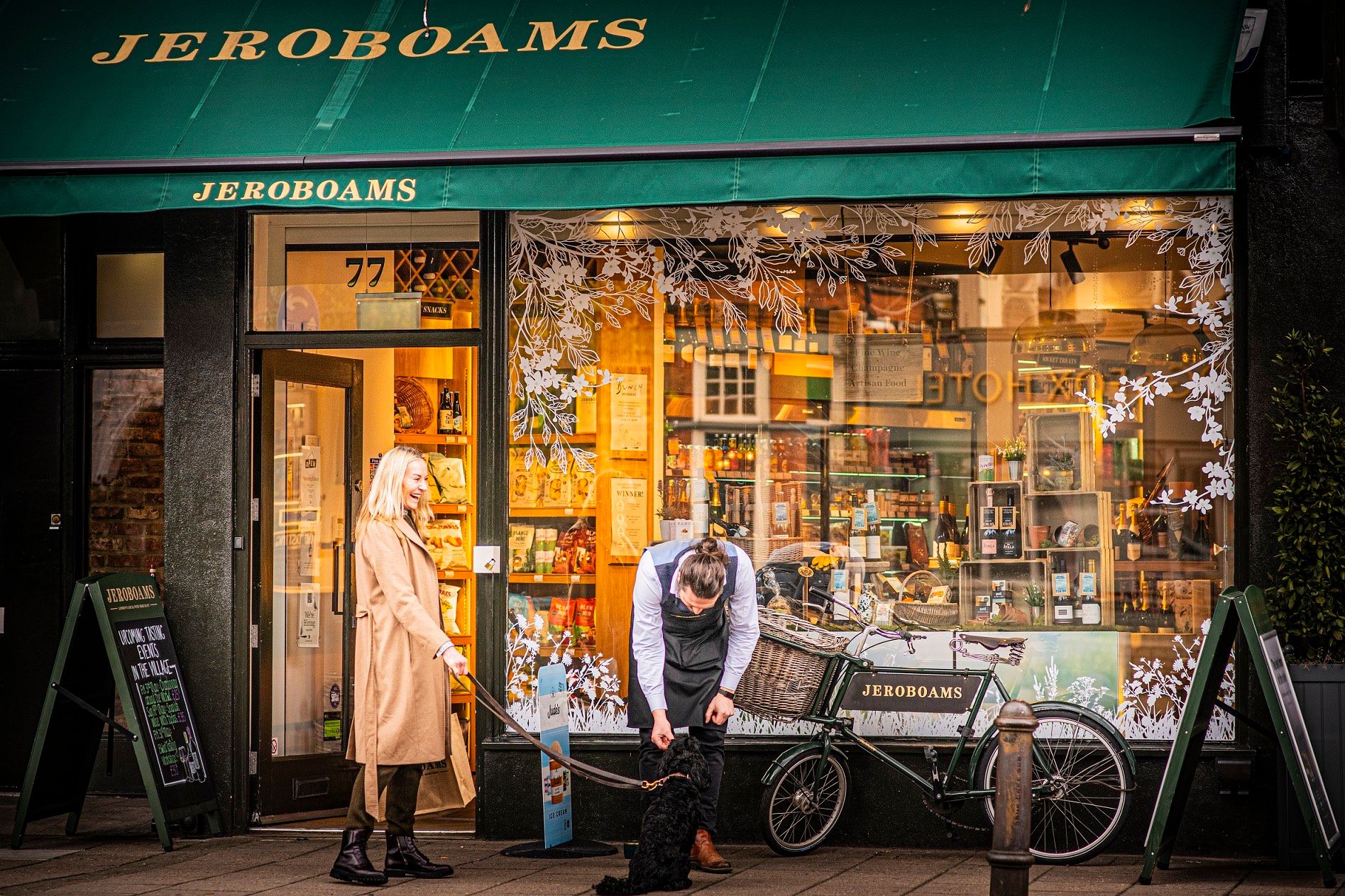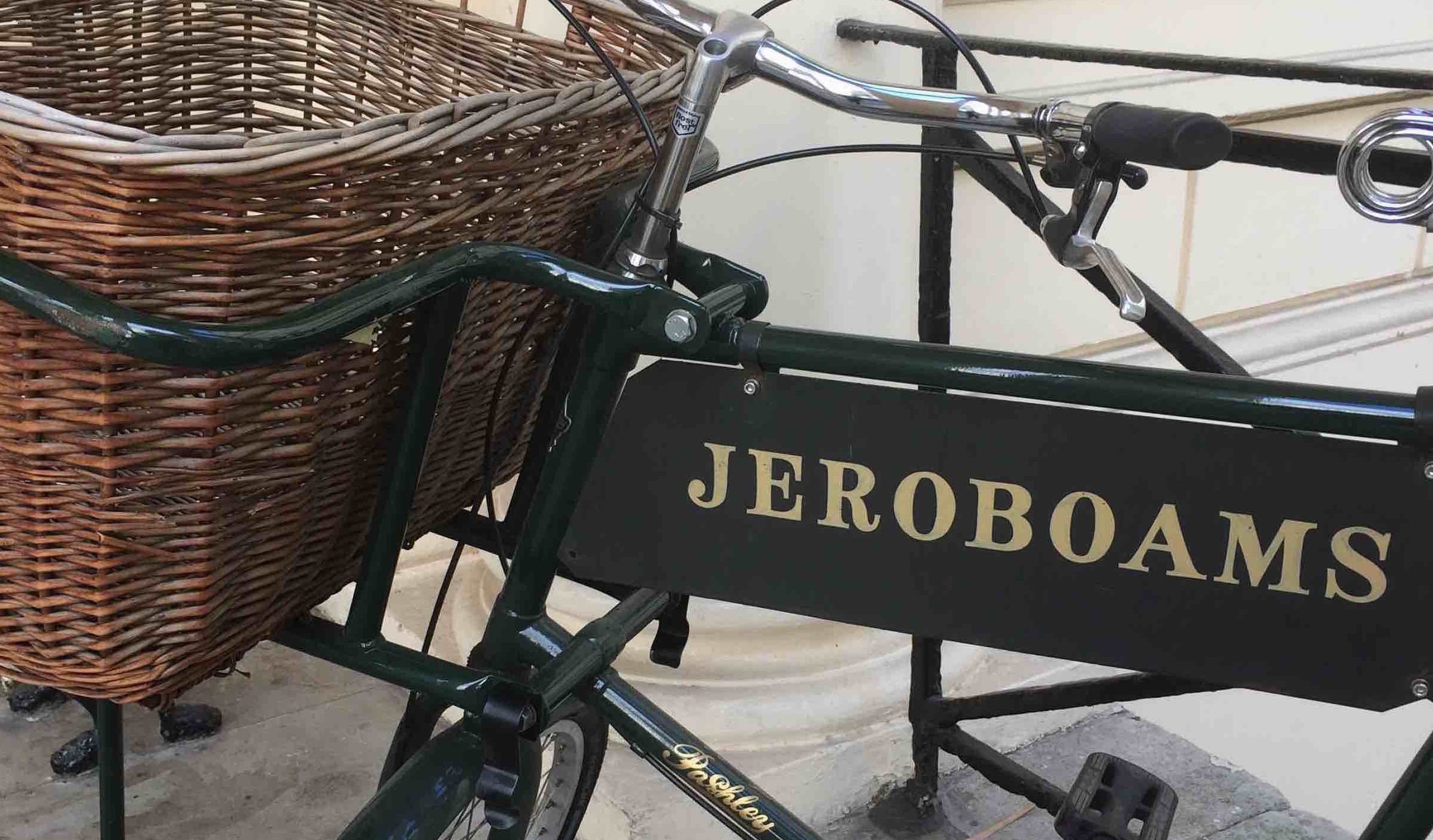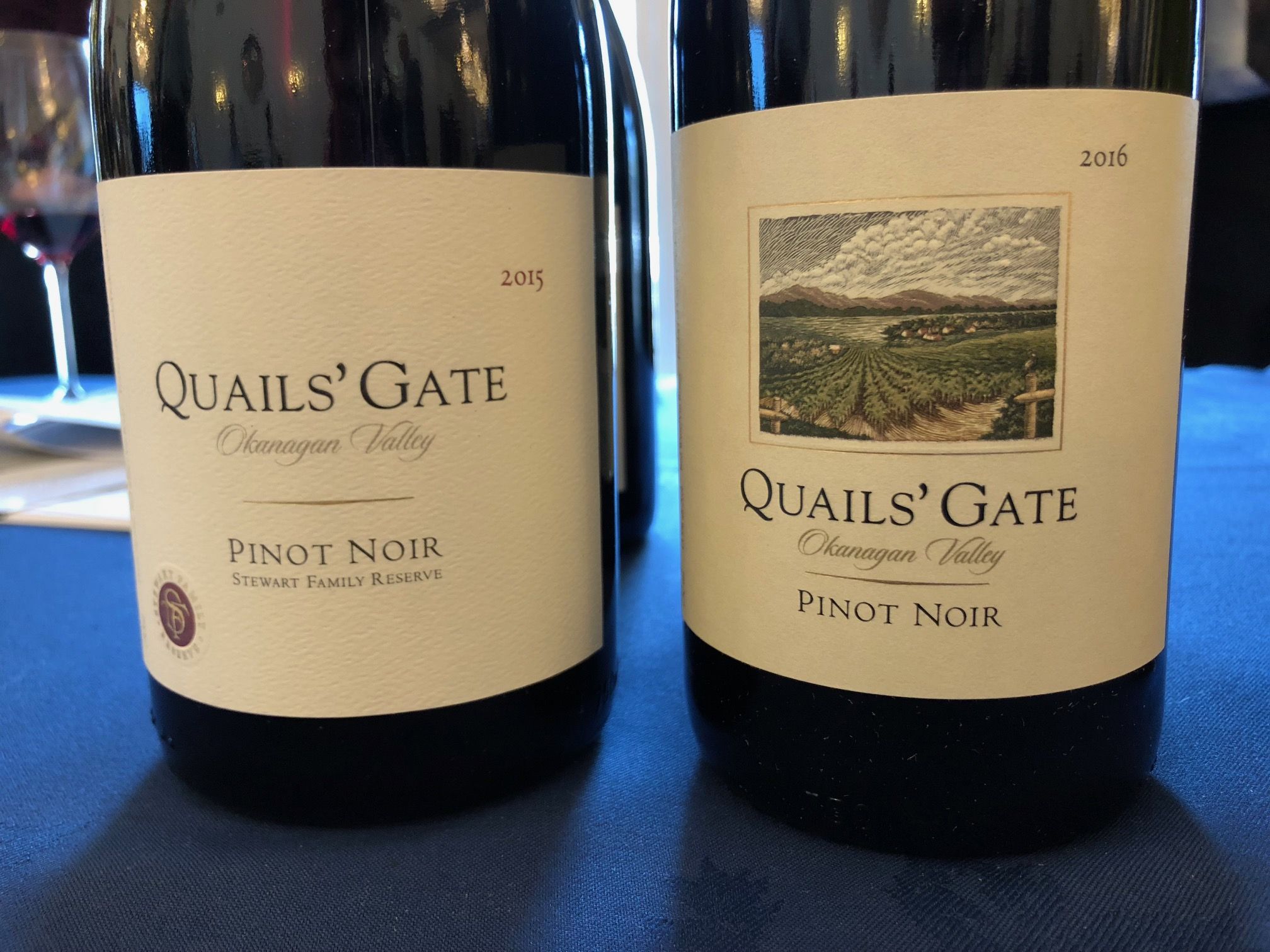How do you reflect on 2024 going into next year - what have been the big moments for you as a business over the last 12 months?
It’s been a really busy 12 months. Our team have delivered incredible events for both trade and private customers. Particular highlights have been a packed Battersea Power Station Control Room, incredible support from the top names in Bordeaux for a wholesale and private customer tasting in November and an Angelus dinner with Hubert de Bouard in the private dining room at Brooklands.
Our recent agreement with Davy’s is also a highlight. Customers and staff were put at the centre of the deal and as a result it delivered an agreement which is a win for all involved.
Where were you in terms of achieving your commercial goals and targets?

Jeroboams' Matt Tipping says it has been working hard with its producers to source lower ABV wines that can take advantage of the new duty changes
Year ending March 31 was a hard-won victory. Our focus on empowering our team to use their love of wine and the finer things in life to inspire customers continues to pay off. The foundation of our efforts is our work with The Drinks Trust and the Business Advisory Programme and our new in-house training platform. They combine to ensure our team are knowledgeable and very well supported.
The second half of 2024 is undoubtedly a very challenging trading environment, we continue to adapt to those conditions, without losing sight of what has made us successful.
What were the key reasons for those figures?
Our key agencies opening new doors for our wholesale team in both the on-trade and off-trade, our new shops and our strong culture.
What are your thoughts going into 2025 and what you see as the big opportunities you can build on from this year?
The market is tough across all sectors and the recent government actions are really not helping. Opportunities for us revolve around keeping our momentum going. We know our agency wines are strong options for other indies and we are talking to a number of companies about regional exclusivities in the UK.
We also have a significant technology project which will be launched in 2025 that will mark a step change in the services we offer our customers.
There are a lot of concerns over the big changes in duty rates happening in February - how do you reflect on those changes and what impact they will have you and the business?
I think they show a lack of understanding within the Treasury about how wine is made and consumed and that ultimately neither the Exchequer nor consumers will benefit. It adds layers of complexity and cost into the business at a time when many other pressures are also being felt by the trade.
Within much of our business I don’t expect to see a great change in demand for wines as duty still remains a relatively small part of the overall cost, however the effects will be felt at the more commercial end of our wholesale division and we have worked hard with our producers to bring ABVs down to mitigate the effects as much as possible and I expect to see sales of wines from some of the warmer parts of the world suffer at these lower price points as customers switch to lower ABV wines.
What specific steps are you putting in place to handle the extra administration and complexity of the multiple duty rates?

Jeroboams is only listing lower alcohol wines that can be made naturally in the vineyard and not through de-alcoholising techniques
We have been liaising with suppliers for some time now to try and maintain stability of ABV across vintages and to collect data for vintages we will stock over the next year to allow us to set pricing we can maintain over the course of a year.
Will you be actively looking to source lower ABV wines and if so what specific ABVs are you looking for?
We have sourced some lower ABV wines, around the 10.5% mark, whilst also ensuring that our house wines will sit at no more than 11.5%-12%. Maintaining quality at lower ABVs is challenging and it has required a lot of searching to find products we are happy with.
How are the wines you are listing reaching such low alcohol levels?
With the knowledge that this has been coming for some time, we have been working with producers over more than a vintage cycle allowing for lower ABV to be planned from the start of the season.Changes in vineyard practices, use of less efficient yeasts and slightly earlier harvest points all play their part, along with skilful blending to achieve the best possible style and quality.We are not currently listing wines that have been de-alcoholised as these don’t meet our quality standards.
Do you see any risks to the overall wine category if we see more lower ABV and questionable quality wines in the UK market?
With duty rates now at their highest ever level, I am not sure the risk is just to the wine category, more to the wider alcohol category. As an industry that relies on discretionary spend, I don’t think it is a help to be promoting lesser products just to mitigate duty rises and this may drive some consumers away.
The trend we have seen over the past few years has been for ‘less but better’ but for consumers on a tight budget that will become far harder as there is an inevitable sacrifice in quality once ABV drops below a certain point for a given wine. For those on less of a budget it could add an incentive to trade up to where duty is less of a part of the overall cost, but I am not convinced most consumers are actually aware just how much of the price of their wine is going to the Treasury.
Do you also see opportunities and ways in which you can help and support customers with these changes - if so how?

Mike Tipping still sees strong opportunities in 2025 and looking to bring in new agencies and producers to help make the most of them
We are making sure that we communicate our plans to our wholesale customers clearly and with plenty of notice so that they in turn can plan effectively. We are making sure that our wines are in the correct duty band at entry level and we are working with producers to minimise mid-year alcohol changes on lower to mid-end wines.
There is also the issue around increased Extended Packaging Responsibilities - what impact do you expect them to have and how are you planning for them?
Our main concern is that there is no visibility of what the fees will be for the scheme until summer 2025. So, we can’t estimate the cost that ultimately will be passed to our customers. There is also a lack of clarity of the scheme operation and if glass will be included. The additional cost, on top of the duty changes present a challenge to the wine industry.
Never-the-less, as part of our sustainability processes our buying team are always working with suppliers to identify was of reducing packaging, particularly glass weight which we know is an industry issue. Much of our packaging is already 100% recycled. We are supportive of the work the WSTA is doing to highlight the potential impact on the industry.
What other major plans do you have for next year in terms of wines, ranges, events, tastings and activity in the trade?
We are seeing more demand for fresher styles of wine alongside growing interest in mature reds and these are a focus of the buying team.We will be bringing on a couple of exciting new producers from Iberia, a new Loire producer, some more Italian whites as these are so in demand, as well as new additions from our existing producers.
We’re continuing to focus on wines and agencies that are exclusive to us as these offer a point of difference to our trade customers, as well as our fine wine selection which is an easy add-on for customers.
Our trade tasting on March 5 is a big highlight, the recognition that we are getting for our range and service means it will be the largest we’ve ever hosted.
We will continue to host significant Burgundy, Piedmont and Bordeaux tastings and when combined with the large number of events we host in our communities it will be a huge programme of customer engagement.
Outside of our portfolio tasting, we plan to hold a smaller drop-in tasting in September, much like we did this year at Chapel Market Kitchen. With tastings becoming such big events these days, it’s nice for customers to come to a smaller event, with fewer wines, a bite to eat and a chance to talk properly without taking up their whole working day.
We’ll also focus activity around producers in trade with bespoke events where customers can really get to know a particular winery and geek out with a winemaker.
* You can find out more about Jeroboams and how it is working with the trade and its website here.
* Jeroboams is a commercial partner to The Buyer.







































